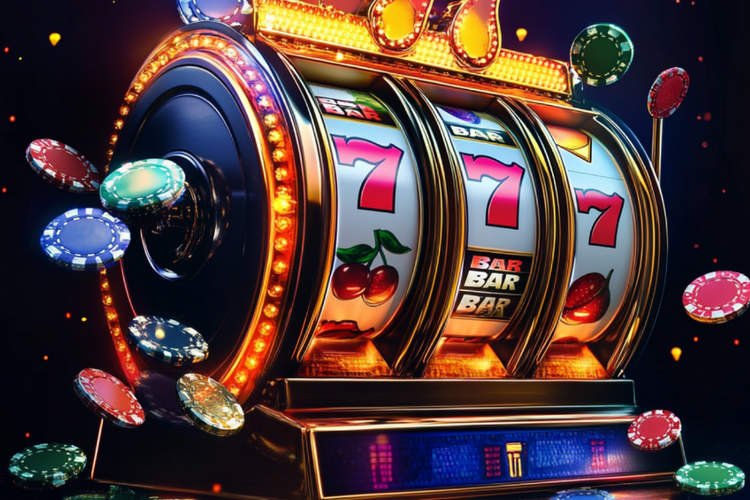Game Theory Optimal, or GTO, is a strategy concept widely discussed in competitive gaming and poker. It revolves around making decisions that are mathematically unexploitable, ensuring that no opponent can gain a long-term advantage, regardless of their strategy. While GTO has transformed professional poker play, its application in traditional casino games is less straightforward. Understanding where GTO works, and where it doesn’t, can help players approach ยูฟ่าเบท casino gaming with both strategy and realism.
What Is GTO?
GTO is a strategy framework rooted in game theory, the study of optimal decision-making in competitive situations. The idea is to play a mathematically balanced strategy that:
-
Protects against exploitation by opponents
-
Maximizes expected value over time
-
Reduces predictability, making it impossible for other players to take advantage
In poker, for example, a GTO strategy balances bluffs, value bets, and folds in such a way that opponents cannot gain an edge, no matter how skilled they are.
GTO in Poker
Poker is a player-versus-player game, which makes GTO highly relevant:
-
Heads-Up and Multi-Table Play: Using GTO principles ensures that a player cannot be consistently exploited by skilled opponents.
-
Decision Trees: GTO relies on analyzing all possible decisions and responses to maintain balance.
-
Adjustments: While GTO provides a baseline, players often deviate slightly to exploit opponents’ mistakes, blending GTO with adaptive play.
In poker, GTO is both practical and powerful because the game involves strategic interactions with other intelligent players.
GTO in Casino Games
Casino games, however, differ fundamentally:
-
Player vs. House: Most casino games pit the player against the house, which follows fixed rules and probabilities.
-
Random Outcomes: Games like roulette, slots, or baccarat are governed by chance, with no opponent to exploit.
-
Fixed House Edge: The house edge ensures that, mathematically, the player cannot achieve a positive expected value in the long run.
Because of these characteristics, true GTO play has limited application in most casino games. There are no opponents making decisions that can be countered—only probabilistic outcomes to manage.
Where GTO Concepts May Apply
While traditional GTO is less relevant for pure chance games, certain principles can still guide casino strategy:
1. Blackjack and Card Counting
-
Blackjack introduces decision-making elements: hit, stand, double down, or split.
-
Using a balanced strategy based on basic strategy charts and card-counting techniques mirrors some GTO principles by optimizing expected value while minimizing exploitable mistakes.
2. Poker Variants in Casinos
-
Casino poker games such as Three Card Poker or Ultimate Texas Hold’em involve both strategy and chance.
-
GTO concepts can help determine balanced betting strategies to avoid overexposure and maximize long-term profitability.
3. Sports Betting and Wagering Markets
-
In competitive betting scenarios, using a GTO-like approach can help balance risk and reward across multiple wagers, reducing the chances of being “exploited” by odds miscalculations.
Limitations of GTO in Casino Play
-
No Opponent to Exploit: The house follows fixed rules and does not adjust to your play, limiting GTO’s effectiveness.
-
Randomness Dominates: Probability governs outcomes, and no strategy can change the inherent house edge.
-
Complexity vs. Reward: GTO calculations are computationally intensive and often unnecessary for games of chance where a simpler optimal strategy suffices.
Practical Advice for Casino Players
-
Use Game-Specific Strategies: Learn the best play for games like blackjack or video poker, which is often simpler than full GTO but mathematically sound.
-
Focus on Bankroll Management: Proper risk management is more important than attempting a complex GTO approach.
-
Embrace Probability: Understand expected value (EV) and house edge to make informed decisions.
-
Avoid Overcomplicating: In games like roulette or slots, GTO has no meaningful impact; enjoyment and responsible play should guide your decisions.
Conclusion
GTO is a powerful concept in player-versus-player games like poker, ensuring a mathematically balanced, unexploitable strategy. In most casino games, however, its relevance diminishes because the house is not an adaptive opponent, and outcomes are largely governed by chance.
That said, the principles behind GTO—optimal decision-making, risk management, and balance—can still inform strategic play in games with skill elements. For traditional casino players, focusing on game-specific strategies, understanding probabilities, and managing your bankroll remain the most effective ways to improve outcomes while enjoying the thrill of gambling.


